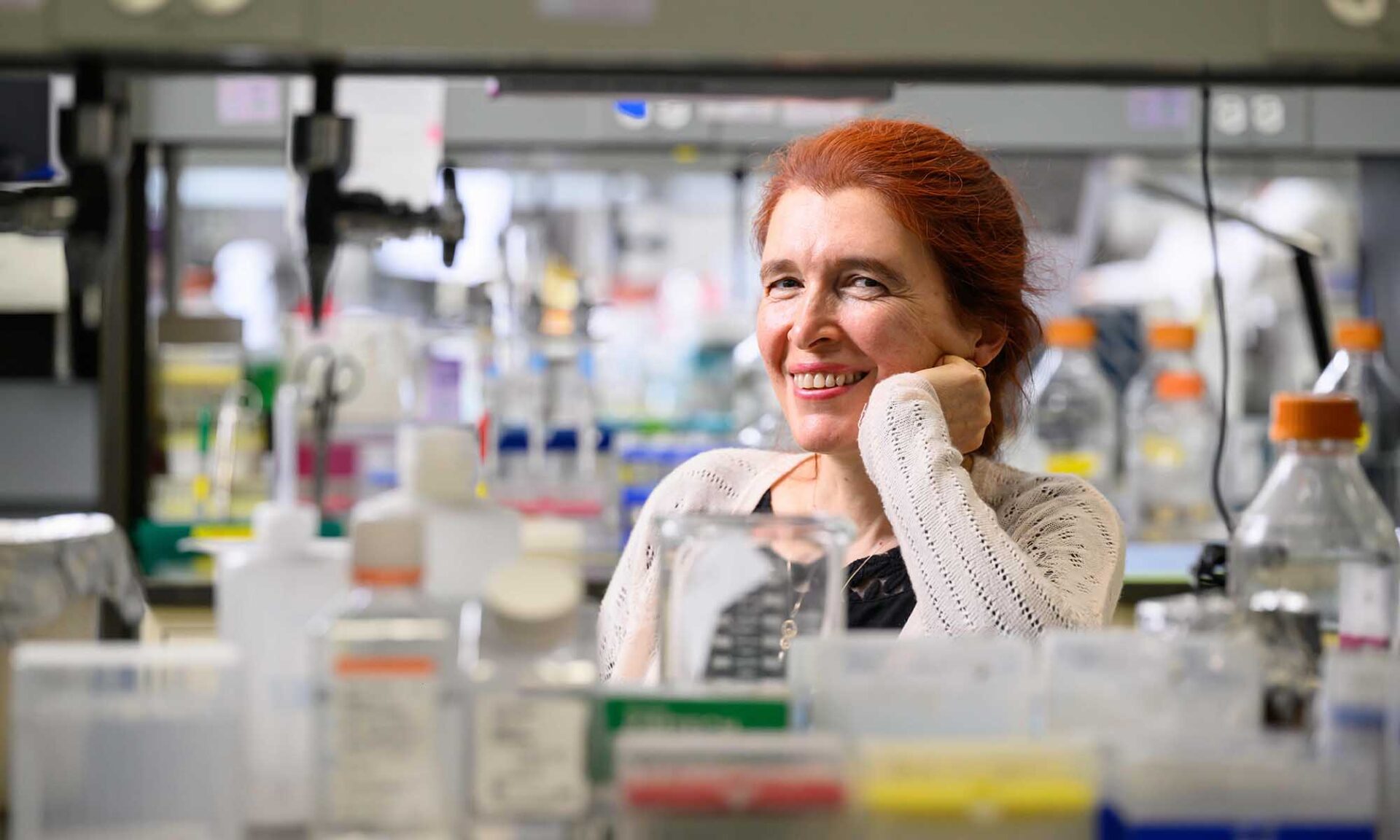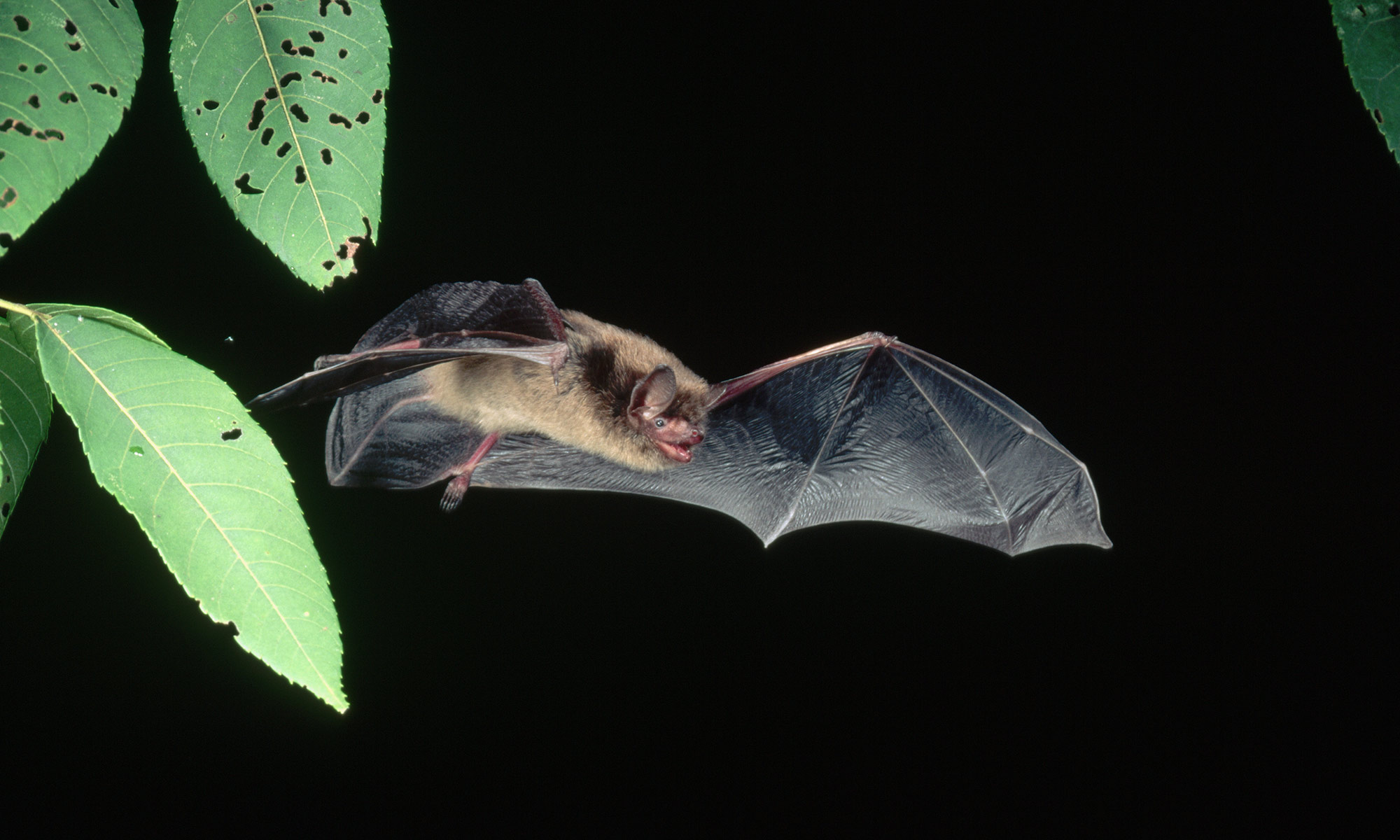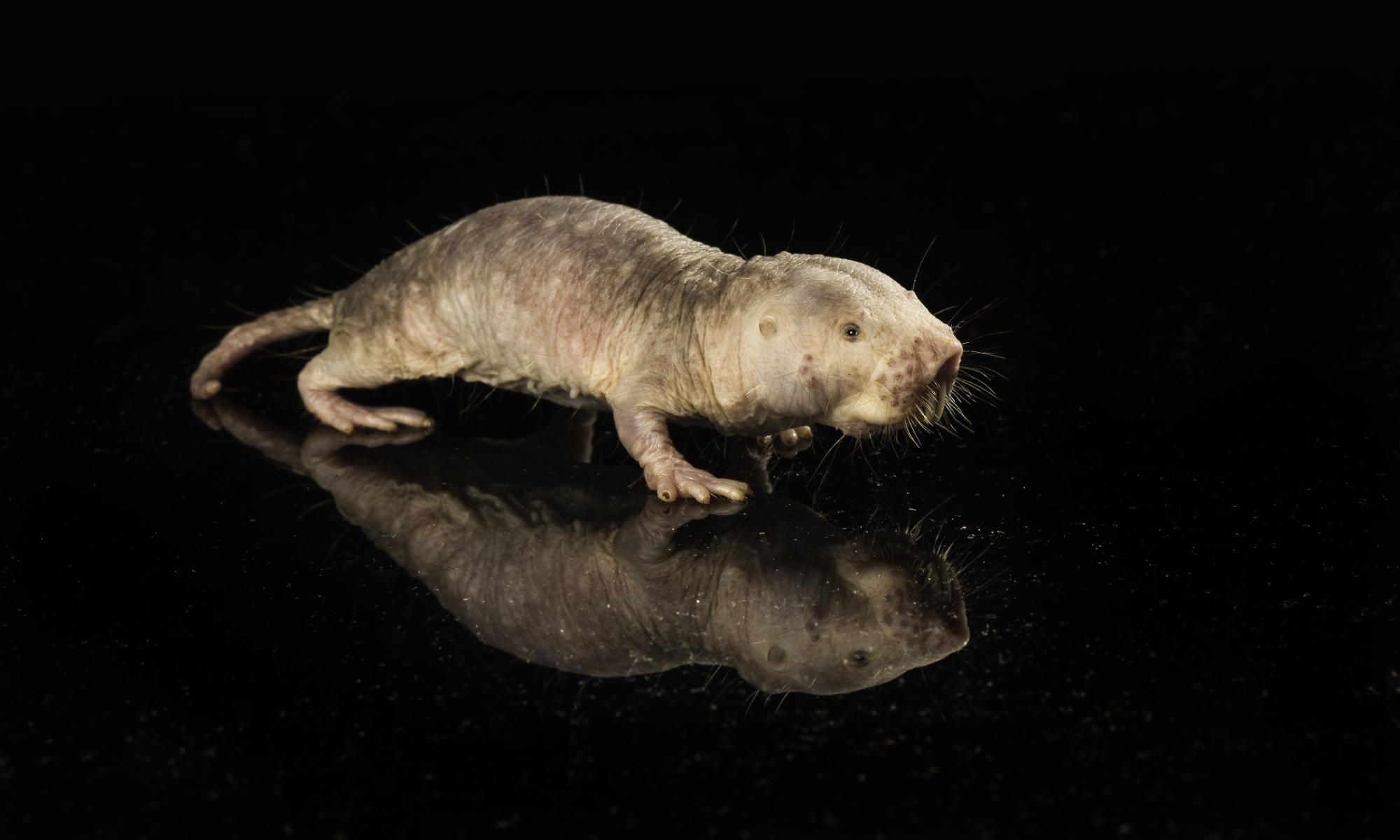The NIH-funded center will allow researchers to explore why some species live longer—and what that could mean for human health.
The University of Rochester will join the prestigious ranks of Nathan Shock Centers of Excellence in the Basic Biology of Aging, elevating its work to uncover biological mechanisms of aging and finding answers to leading longer, healthier lives.
The National Institutes of Health Division of Aging Biology awarded Rochester a five-year grant to establish the Upstate NY Comparative Biology of Aging Nathan Shock Center. Rochester will receive nearly $1 million annually beginning in 2025 to fund the center.
Nathan Shock Centers provide a collaborative environment for the pursuit of basic research in the biology of aging. The Upstate NY Comparative Biology of Aging Nathan Shock Center will be one of only eight such centers in the United States. The core team of the new center includes faculty members from the River Campus and the University of Rochester Medical Center, with areas of expertise in veterinary biology, molecular biology, biochemistry, genetics, mass spectrometry, and bioinformatics.
“There are only eight centers like this in the country, so receiving this grant really puts us on the map in a more prominent way,” says Vera Gorbunova, the Doris Johns Cherry Professor in the Department of Biology and currently co-director of the Rochester Aging Research (RoAR) Center, which will officially become the Upstate NY Comparative Biology of Aging Nathan Shock Center. Gorbunova will be the director of the center.
“Comparative biology is something we are known for, but now we are nationally recognized by the NIH,” she says. “This is a very important distinction because this positions us to continue advancing in this field and to attract students and new talent to Rochester.”
The Upstate NY Comparative Biology of Aging Center will provide researchers with access to cells, biological samples, and data from more than 50 species of mammals with lifespans ranging from 2 to more than 200 years.
The creation of large data sets will be a key area of focus. According to Gorbunova, researchers will investigate biological data from animals that are short- and long-lived, studying the factors that are related to longer life.
Another important aspect of the grant is the potential to work with investigators from across the country. Scientists nationwide can propose innovative research ideas in the field of comparative biology to the center.
“That will really foster a lot of cooperation,” says Gorbunova.
The Upstate NY Comparative Biology of Aging Nathan Shock Center could bring breakthroughs in the studies of aging and longevity, moving humanity closer to a major goal of aging research, Gorbunova says: “It is about making people healthier overall.”
And, she adds, “it really is about preventing all diseases.”




